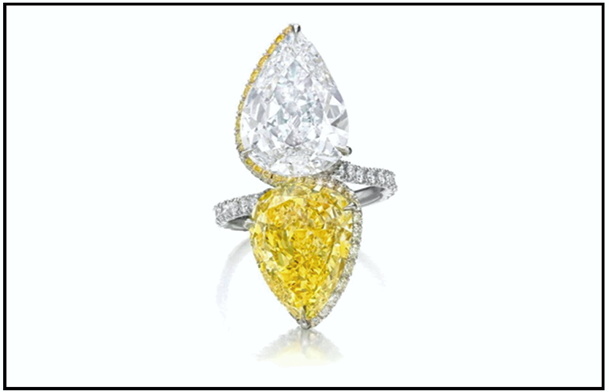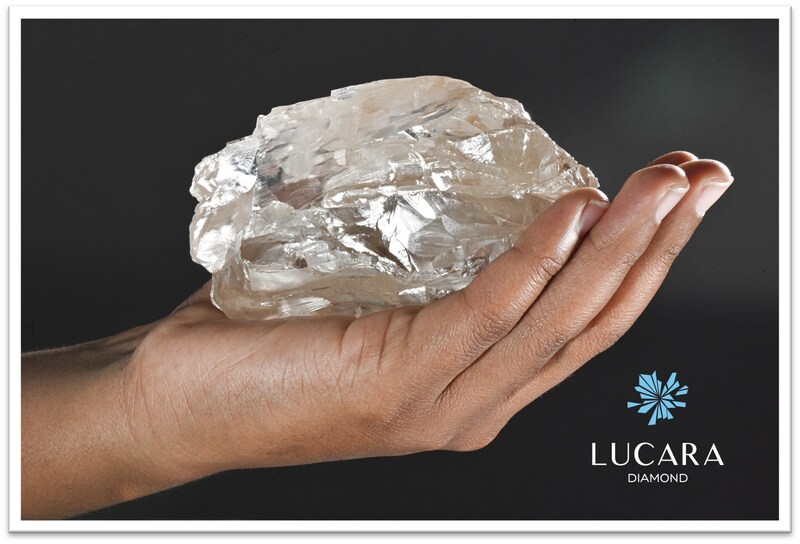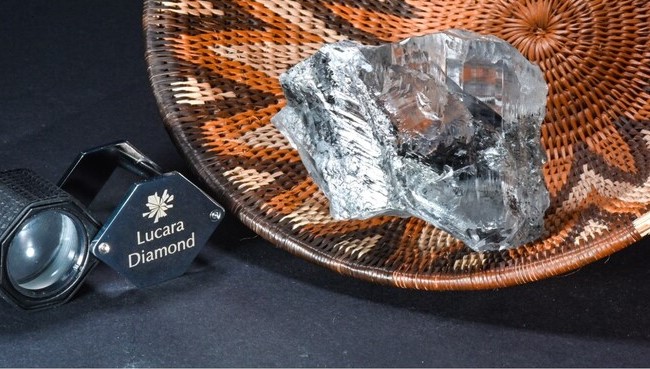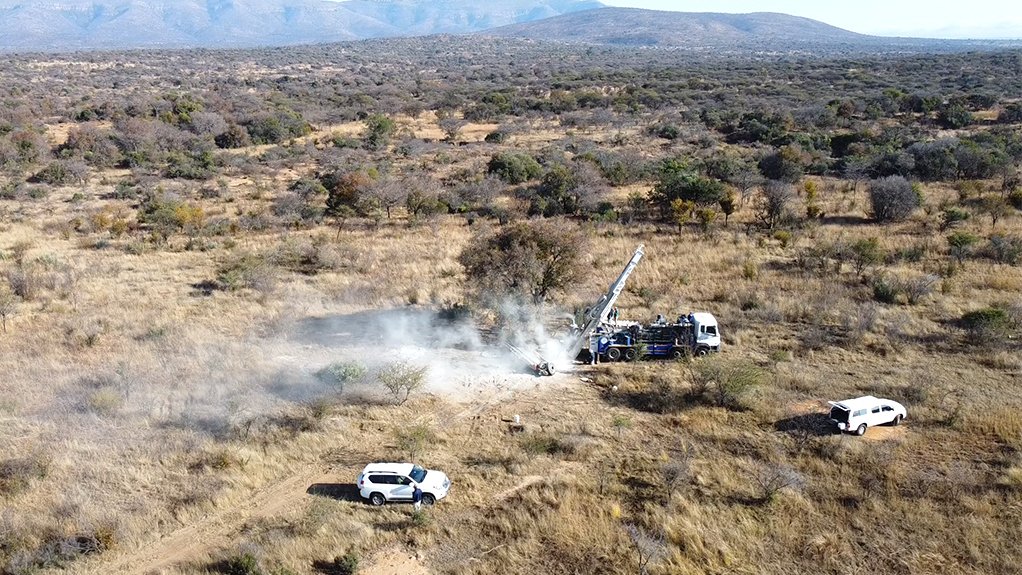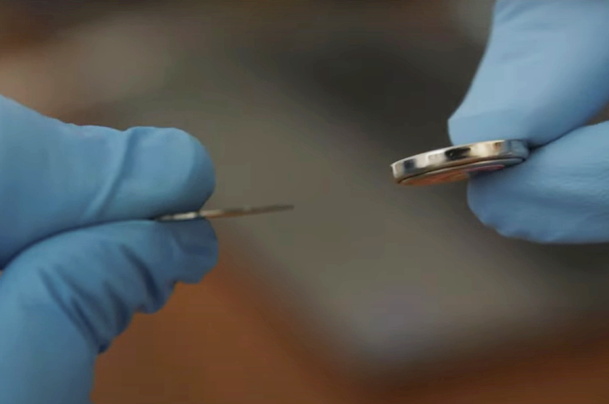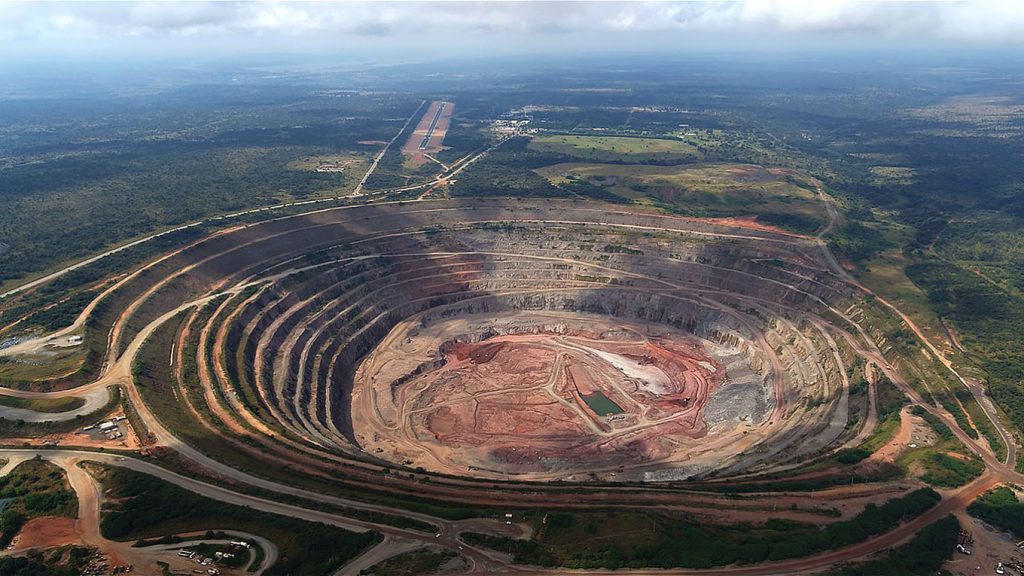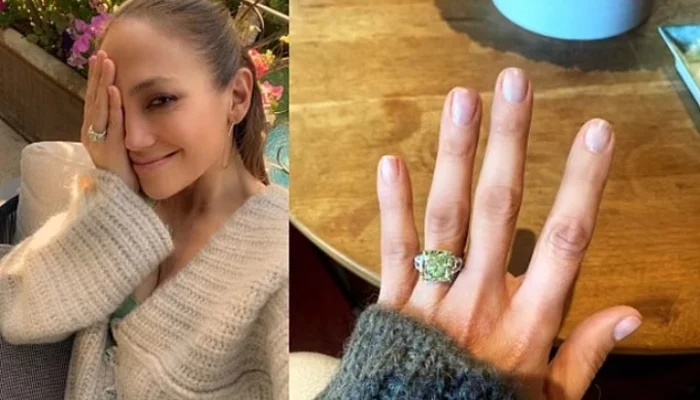
Jennifer Lopez, who recently settled down things with ex-husband Ben Affleck, has reportedly walked away from her divorce, holding onto dazzling green diamond worth $5 million.
Daily Mail has revealed that the 55 year old star will be keeping her stunning green diamond engagement ring from ex-lover.
The ring is a real showstopper, featuring a big green diamond in the center which is framed by two long baguette cut diamonds and finished.
When Ben proposed to Jennifer, she gushed about the green gem, calling it her symbol of luck and the new beginnings in her life.
_updates.jpg)
As per TMZ, the Atlas star is said to be keeping all the things and jewelry given by the Batman actor.
However, insiders further suggested that Lopez sees the piece of art more than just a ring, as it may be her way of holding on to cherished memories while also turning the page to a new chapter.
Jennifer Lopez and her ex-beau Ben Affleck have finally called it quits after giving their romance a second chance. The pair, who tied the knot back in 2022, tried to make things work out between them but they didn’t work in their favor.
Source: thenews.com


